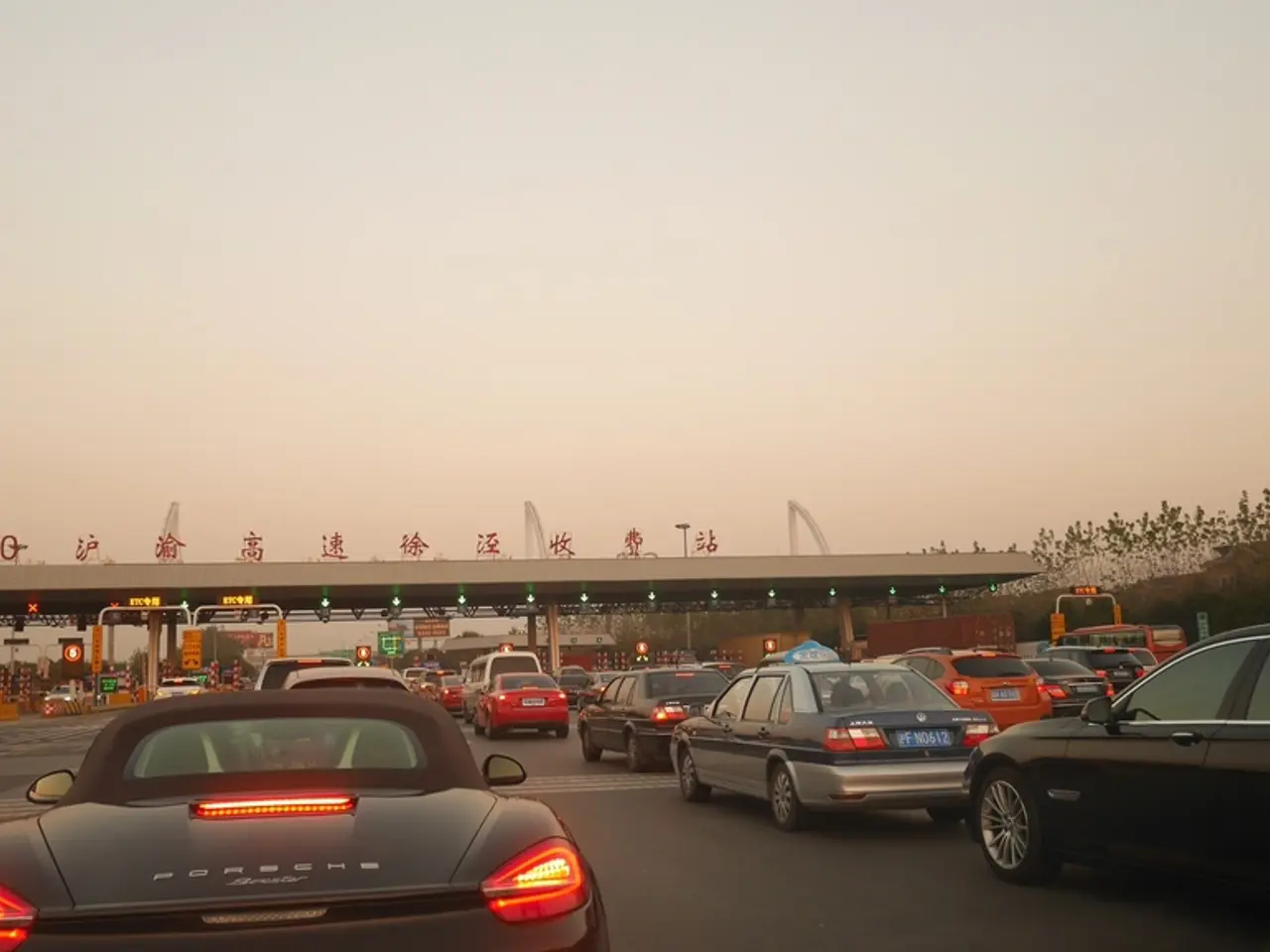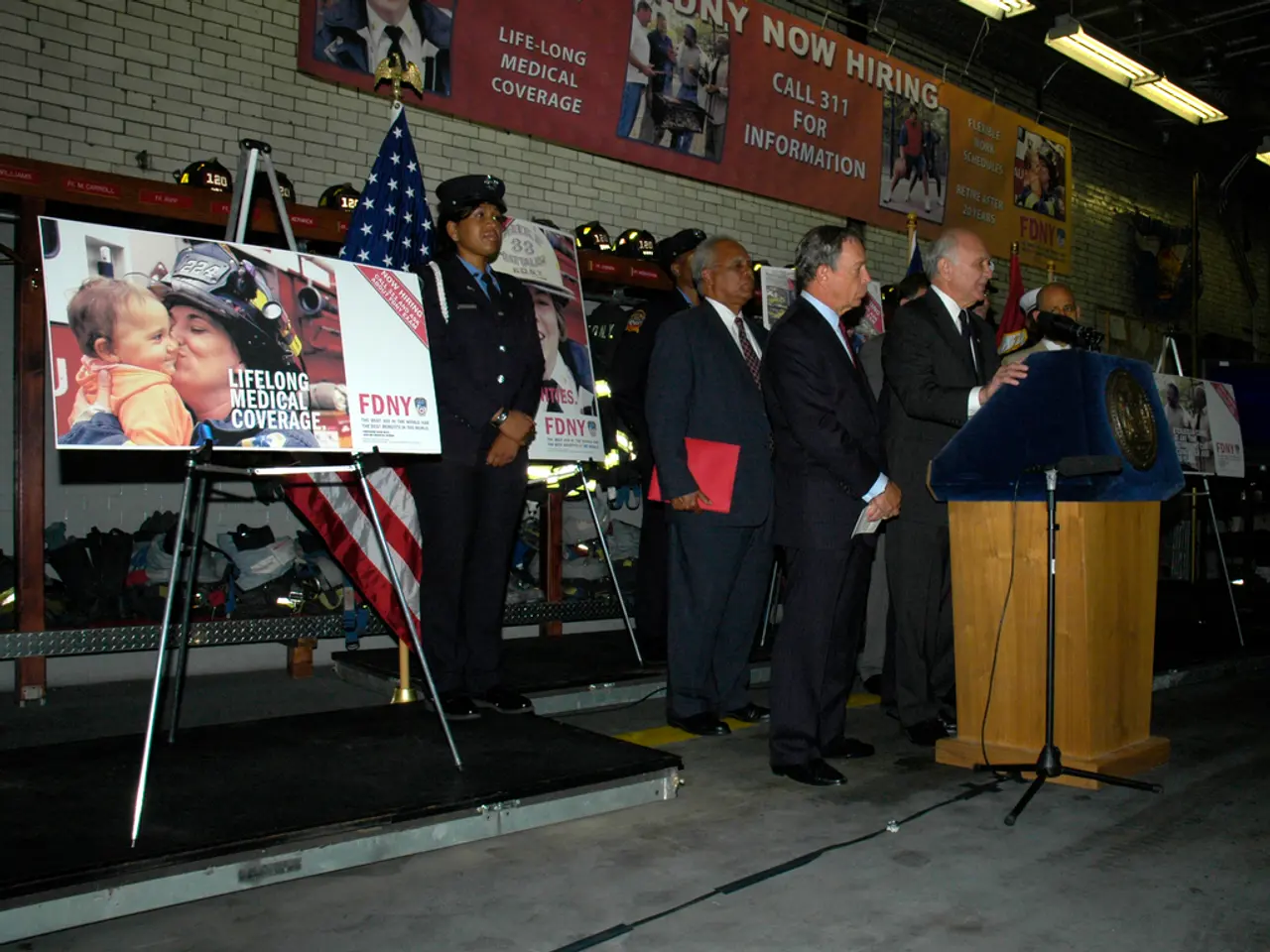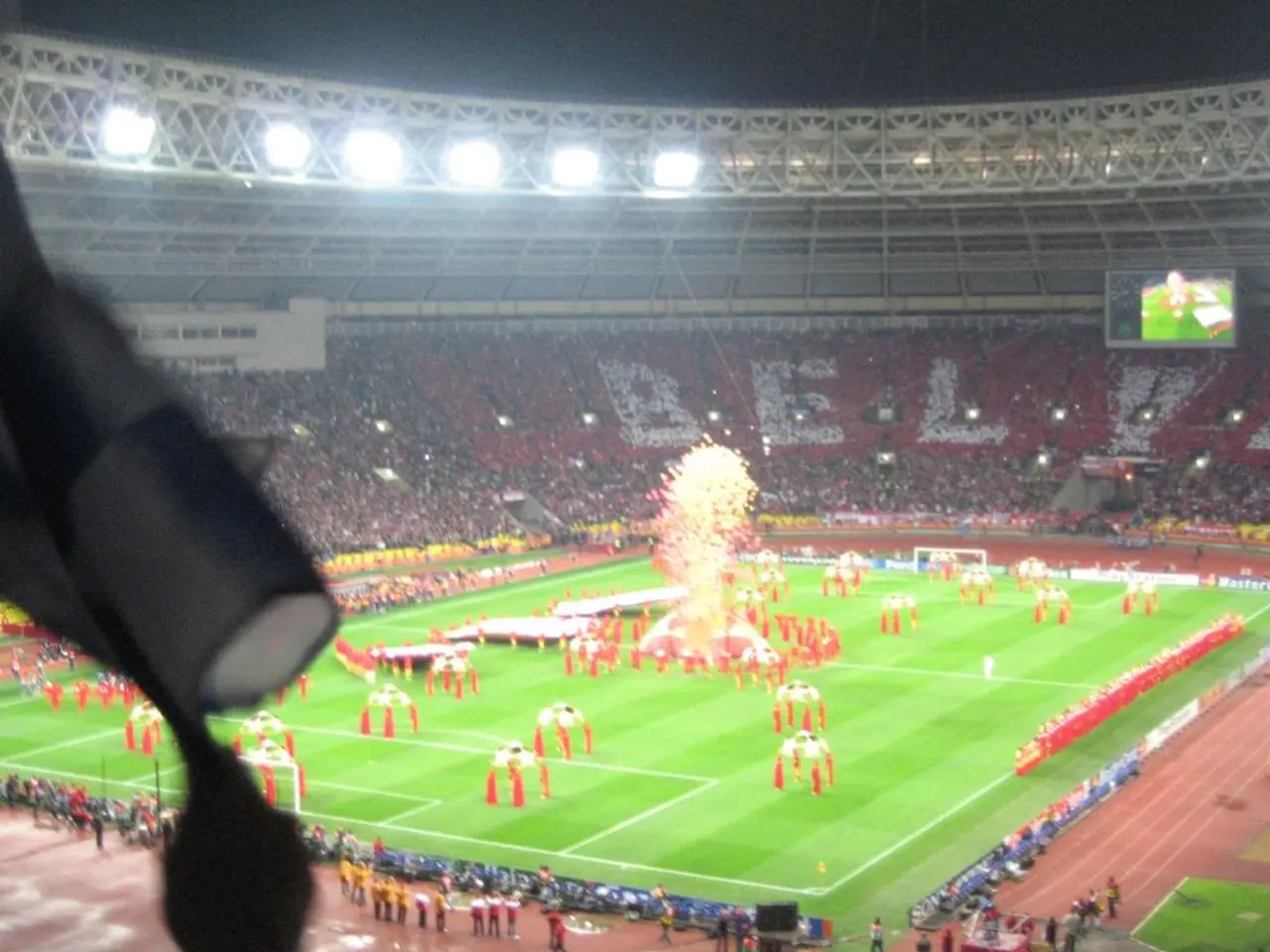Chicago's transport system faces a bleak future as budget cuts loom, providing a cautionary tale from Philadelphia's troubled transit system.
In major U.S. cities like Chicago and Philadelphia, mass transit funding deficits are looming, posing significant challenges to the future of public transportation. The potential impacts include service cuts, reduced access, fare increases, and broader community consequences such as worsened mobility for vulnerable populations and increased traffic congestion.
In Chicago, the Regional Transit Authority (RTA) projects a 20% operating funding gap starting in 2026, exacerbated by the expiration of federal COVID relief funds and decades of underfunding. Without new state funding, approximately one in five Chicagoans could lose access to public transit. Drastic cuts could include shutting down half the “L” train lines, eliminating nearly 60% of bus routes, and reducing service frequency by 25%. This would especially hurt city workers—around 260,000 people—and people with disabilities who rely heavily on accessible transit options.
Meanwhile, in Philadelphia, the Southeastern Pennsylvania Transportation Authority (SEPTA) is facing a $213 million shortfall. Planned cuts include the elimination or shortening of dozens of bus routes and cuts to regional rail lines starting August 24, 2025. Nearly 25% of Philadelphia’s students (about 55,000) and thousands of university students will be affected, potentially leading to increased reliance on private vehicles and congestion. SEPTA will also raise fares by nearly 22% in September, further impacting riders.
More broadly across U.S. cities, transportation funding shortfalls threaten to delay or cancel critical infrastructure projects. The federal government has retracted or delayed billions in promised transportation grants, which undermines cities’ abilities to complete projects started with these funds. This disrupts planned improvements and can increase construction costs, reducing overall efficiency and progress on mass transit modernization.
The situation in both Chicago and Philadelphia is complex, with negotiations around transit funding tied to overhauls of the structure of the region’s transit agencies. Lawmakers in both chambers have introduced bills that could reshape the transit landscape, but a solution to the funding crisis remains elusive.
As the deadline for action approaches, transit advocates are urging lawmakers to act quickly to avert service reductions and fare hikes. Without a legislative solution soon, planned cuts could be hard to reverse, leaving many cities facing a bleak future for public transportation. Other mass transit systems across the country, including in Boston, Washington, D.C., and the Bay Area, are also facing looming funding gaps, underscoring the need for a national conversation on transit funding.
In both Chicago and Philadelphia, the future of public transportation is threatened by significant funding deficits, leading to the potential closure of rail lines and elimination of bus routes. This could drive an increase in private vehicle usage, exacerbating general-news issues like traffic congestion and contributing to broader community consequences. Meanwhile, politics play a role in the funding crisis, as negotiations for transit funding are tied to organisational changes within the region's transit agencies. Despite bills being introduced to reshape the transit landscape, a legislative solution to the funding crisis remains elusive, as the deadline for action approaches.








